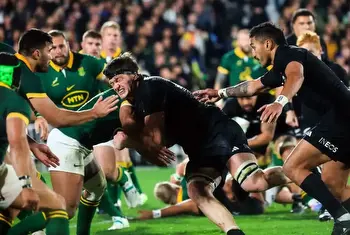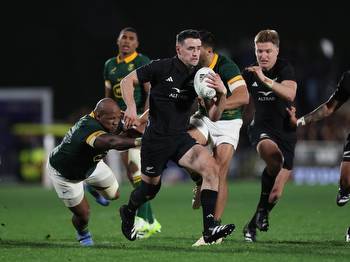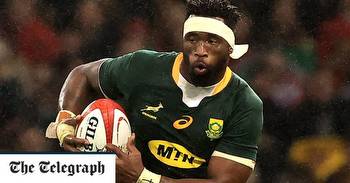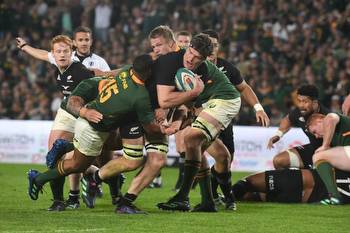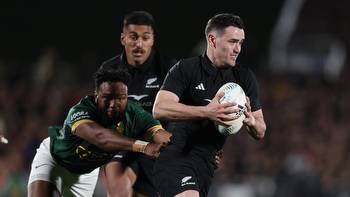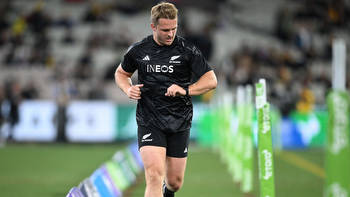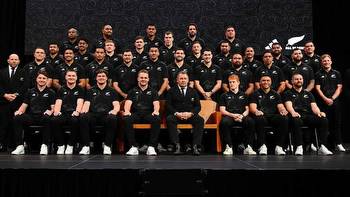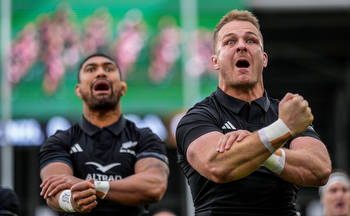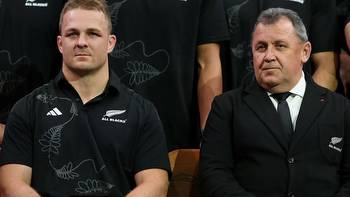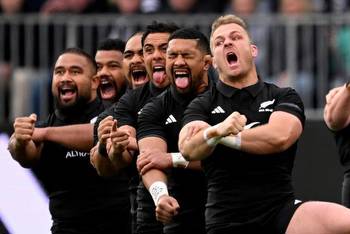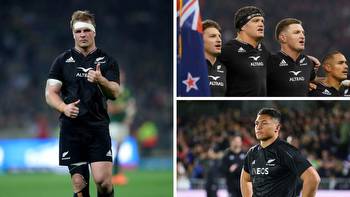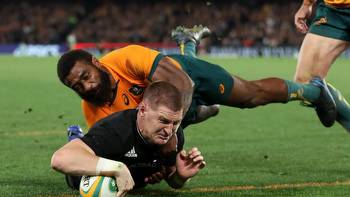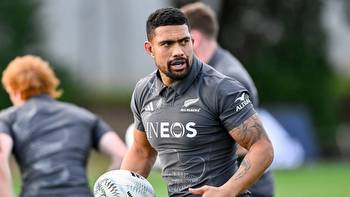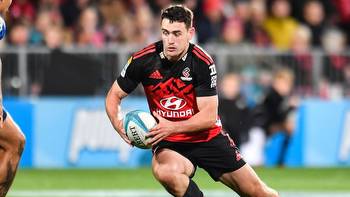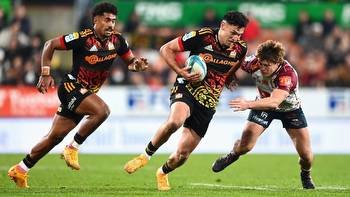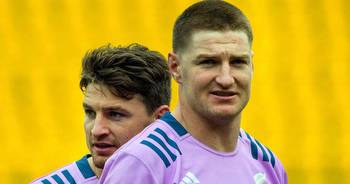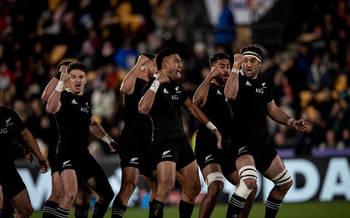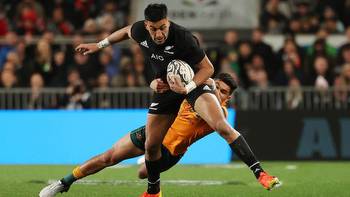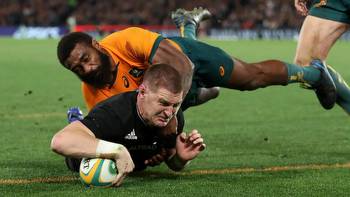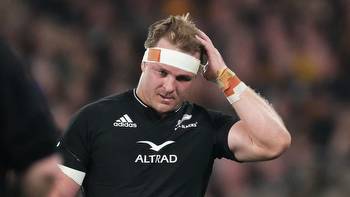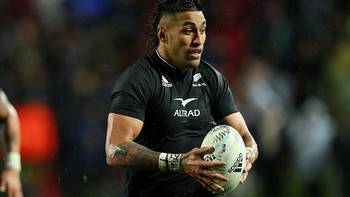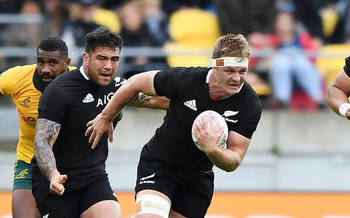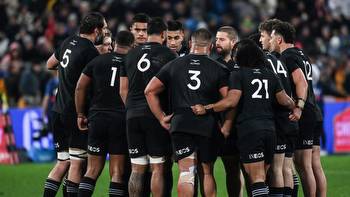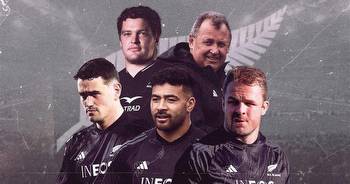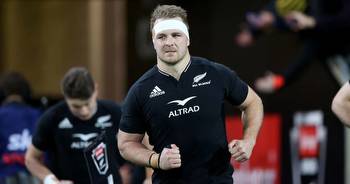All Blacks v Wallabies: Predicting the All Blacks’ selection tactics for Bledisloe Cup
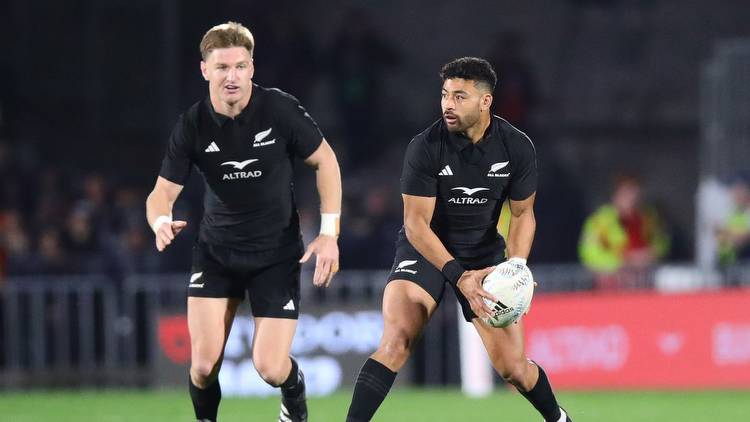
Selection tactics for the Wallabies will match the demanding rhetoric emanating from the All Blacks this year.
World Cup years are usually a slow burn for the All Blacks. They often involve mass rotation towhittle down wider squad candidates while eyes are firmly fixed on the pinnacle prize.
Given that backdrop it is no surprise the All Blacks have never won the truncated Rugby Championship in a World Cup year – last claiming the Tri Nations in that context in 2007.
This year is different. While the World Cup remains their defining juncture the All Blacks are largely intent on living in the now. Prioritising the Rugby Championship and retaining the Bledisloe Cup before arriving in France has ensured a no-excuse accountability cloak envelopes Ian Foster’s rejuvenated squad.
As he prepares to confront the All Blacks, following successive defeats to start his tenure for the first time in 18 years as Wallabies coach, Eddie Jones noted the contrasting change.
“It’s a bit different for them in a World Cup year. Usually they have a much more moderated start and build up to the World Cup,” Jones said. “I think because of the change in the coach post the World Cup they’ve said ‘stuff this we’re going to hard right from the first minute’. They haven’t been put under pressure yet, and our job is to put them under pressure.”
Such a significant shift is evident in the public and private messaging from the All Blacks – their ruthless review following the impressive victory against the Pumas testament to the laser focus on performance over ushering in widespread trials.
To this point, cementing combinations has taken precedence. With the coveted Bledisloe up for grabs at the Melbourne Cricket Ground next week that approach is likely to continue.
The more time Jordie Barrett and Rieko Ioane’s midfield duo savours together, the better. The same is true for Richie Mo’unga and Beauden Barrett’s playmaking partnership. After his influential return from a 10-month test absence Will Jordan needs a consistent run on the right wing. Starting props Ethan de Groot and Tyrel Lomax are relatively new to the test scene and would, therefore, benefit from further exposure to contrasting styles.
Jones’ presence alone guarantees the All Blacks won’t gamble next week. Foster noted, some of which from experience, the four losses the All Blacks suffered in Australia in previous World Cup years.
The MCG is not a happy hunting ground for the All Blacks, either, with the 1997 victory their only success after losses there in 1998 and 2007. Memories of last year’s controversial finish, when the All Blacks needed a never-seen-before time wasting ruling to conjure a late escape at Marvel Stadium, offers another reminder of the attempted ambush awaiting in Melbourne.
“We haven’t got a great track record in Australia in World Cup years and we know if we fall asleep we’ll be in big trouble,” Foster said. “I’ve got no doubt it’s going to be a typical Kiwi-Aussie game regardless of their form.”
With that in mind expect subtle rather than widespread changes from the All Blacks. Injecting Sam Whitelock to rekindle his record-breaking locking partnership with Brodie Retallick carries no risk. Whitelock needs a start after sitting out the first two tests of the year with his Achilles issue. Scott Barrett has shouldered a heavy workload captaining the Crusaders through to their seventh straight title – and leading the lineout against the Pumas and Springboks. He could either revert to the bench or be handed a week off.
Destructive Chiefs hooker Samisoni Taukei’aho didn’t feature against the Pumas and came off the bench last week to leave him ready to be unleashed from the outset against the Wallabies.
While Shannon Frizell’s successive standout efforts have seemingly solved the All Blacks blindside flanker conundrum, Luke Jacobson needs a chance to state his case.
Rotation on the left wing could continue, too. Caleb Clarke and Mark Telea started in the No 11 jersey thus far this year but if Leicester Fainga’anuku overcomes his niggly calf troubles, harnessing his power game appeals.
The trend of blooding one rookie per test – Chiefs wing Emoni Narawa started against Pumas; Crusaders prop Tamaiti Williams played 21 minutes against the Springboks – may pave the way for Hurricanes halfback Cam Roigard to debut from the bench in Melbourne where the pace of the game should cater to his dynamic running threat.
Injecting Damian McKenzie into the mix – after he impressed from first-five against the Pumas only to be left out for the Springboks – could also change the complexion of the All Blacks bench.
Lock away the Bledisloe for the 21st year in Melbourne and the final home test against the Wallabies in Dunedin is the last chance to impress before Foster names his World Cup squad. There the All Blacks should embrace more licence to be bold and usher second-five Dallas McLeod and blindside Samipeni Finau in for their debuts.
Possible All Blacks team:
15. Beauden Barrett, 14. Will Jordan, 13. Rieko Ioane, 12. Jordie Barrett, 11. Leicester Fainga’anuku, 10. Richie Mo’unga, 9. Aaron Smith, 8. Ardie Savea, 7. Sam Cane, 6. Shannon Frizell, 5. Sam Whitelock, 4. Brodie Retallick, 3. Tyrel Lomax, 2. Samisoni Taukei’aho, 1. Ethan de Groot.
Reserves: Dane Coles, Tamaiti Williams, Nepo Laulala, Scott Barrett, Luke Jacobson, Cam Roigard, Damian McKenzie, Braydon Ennor.

